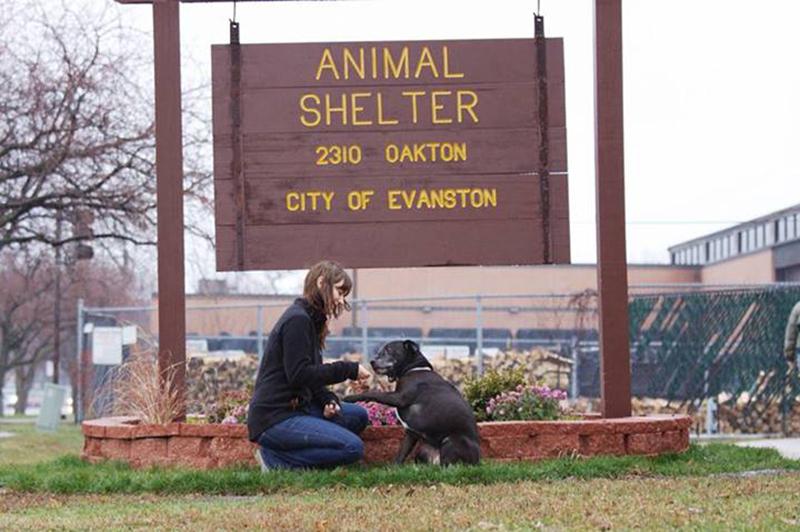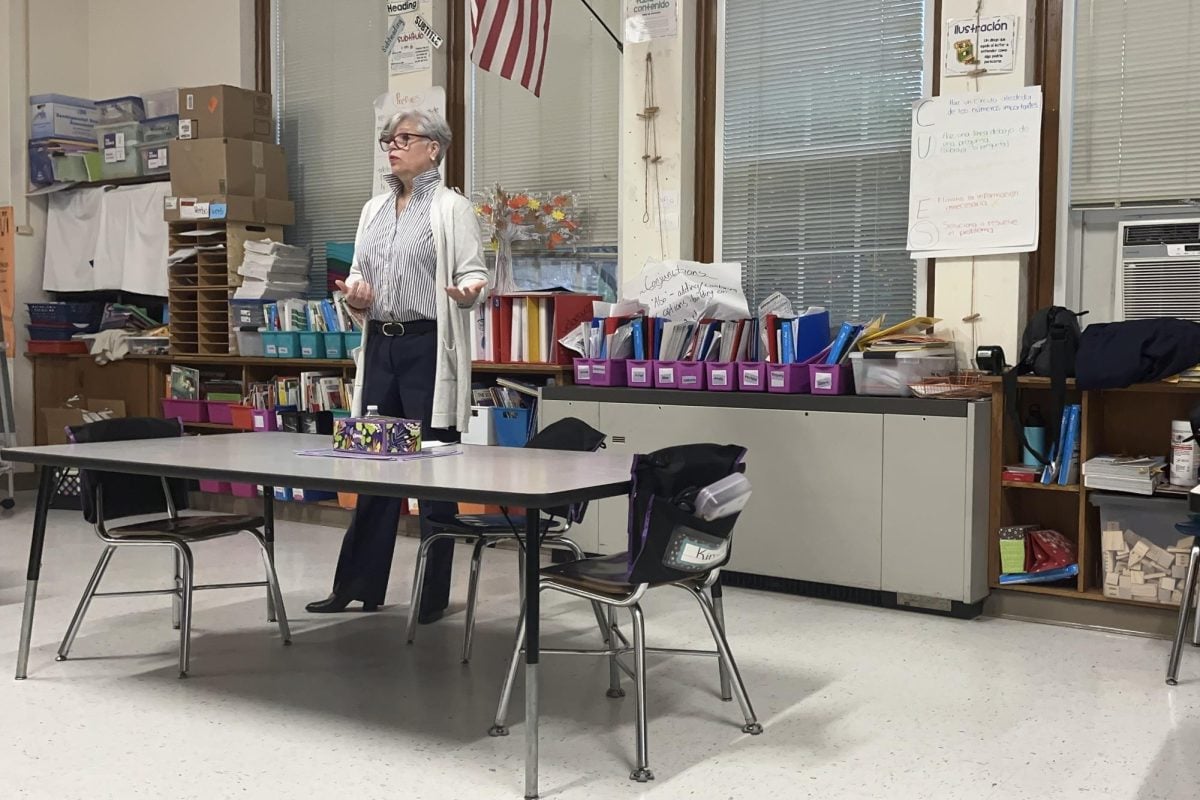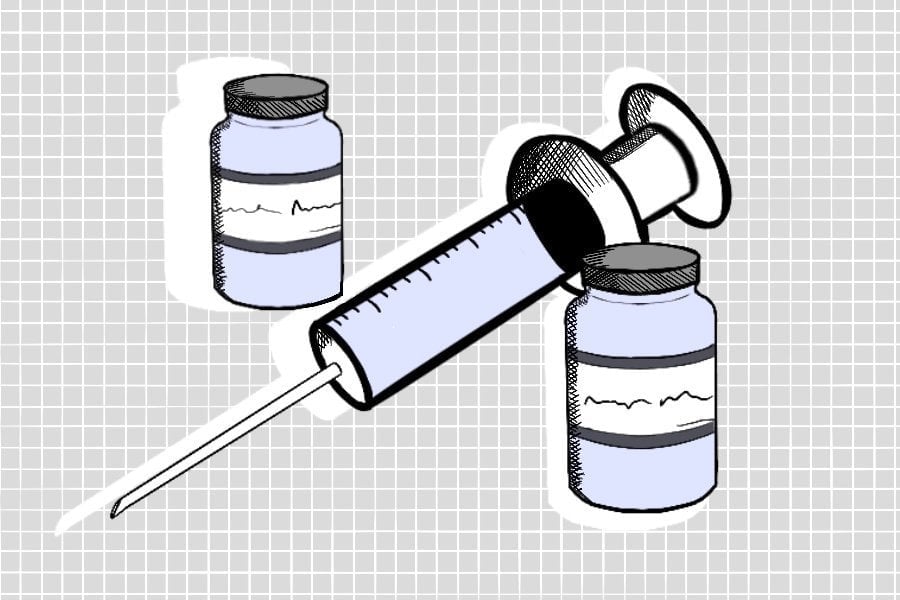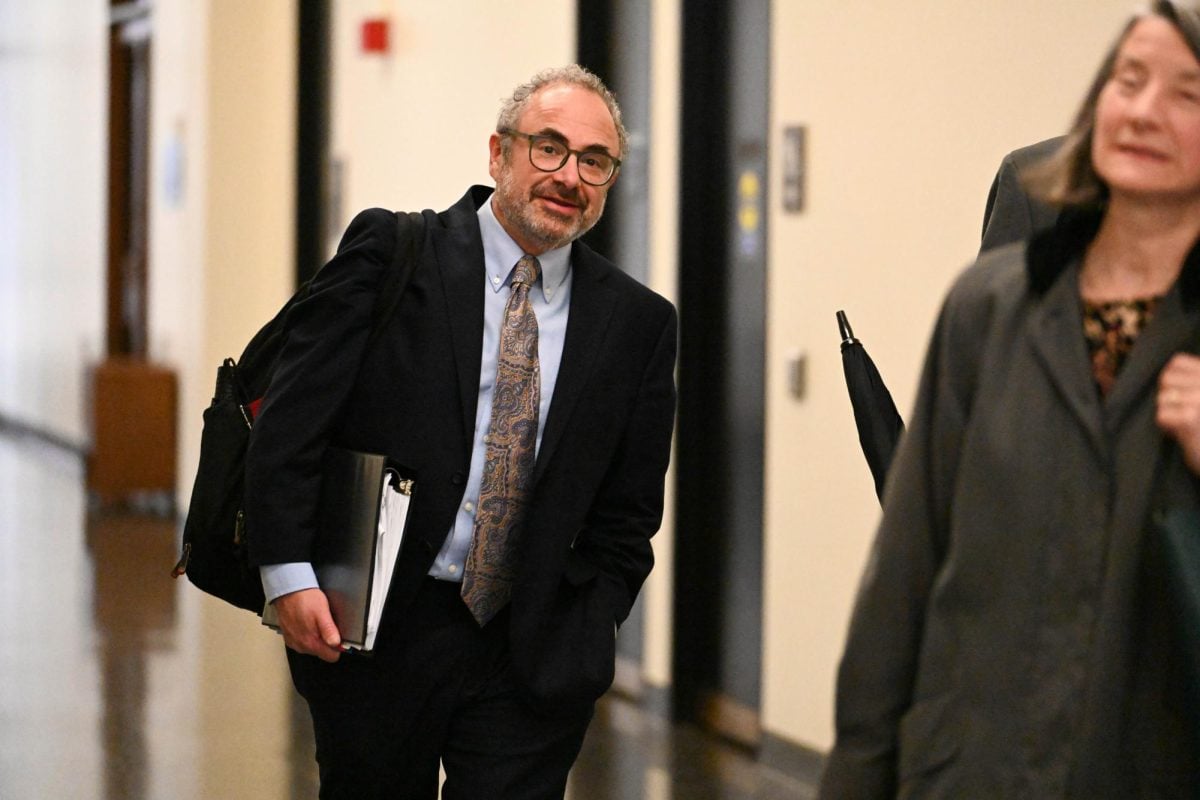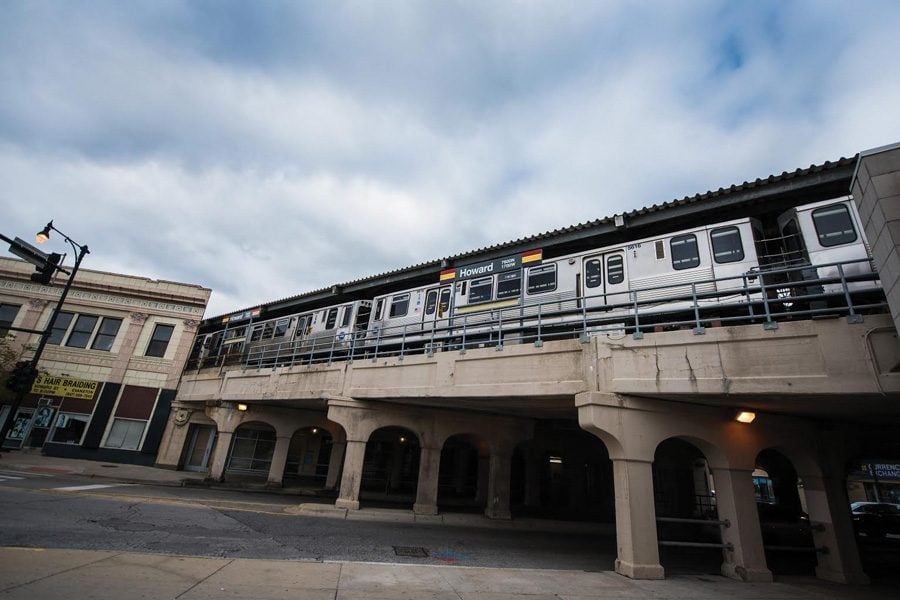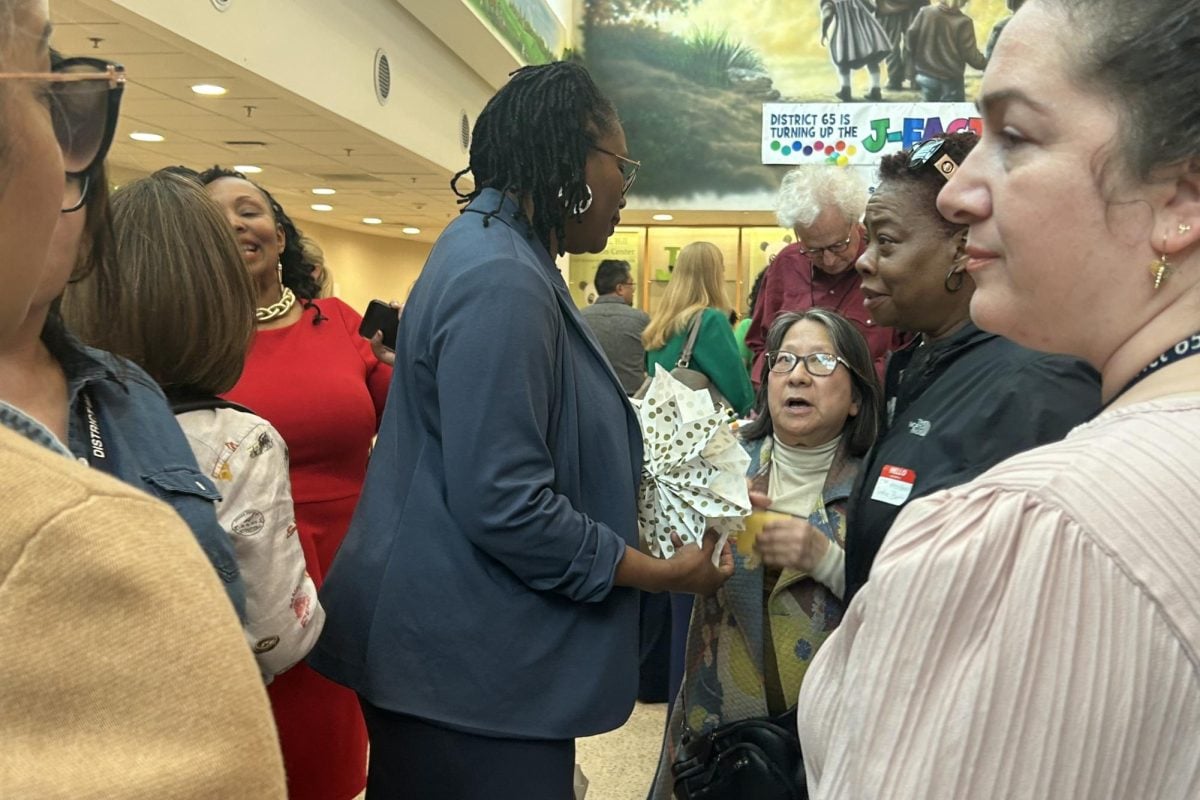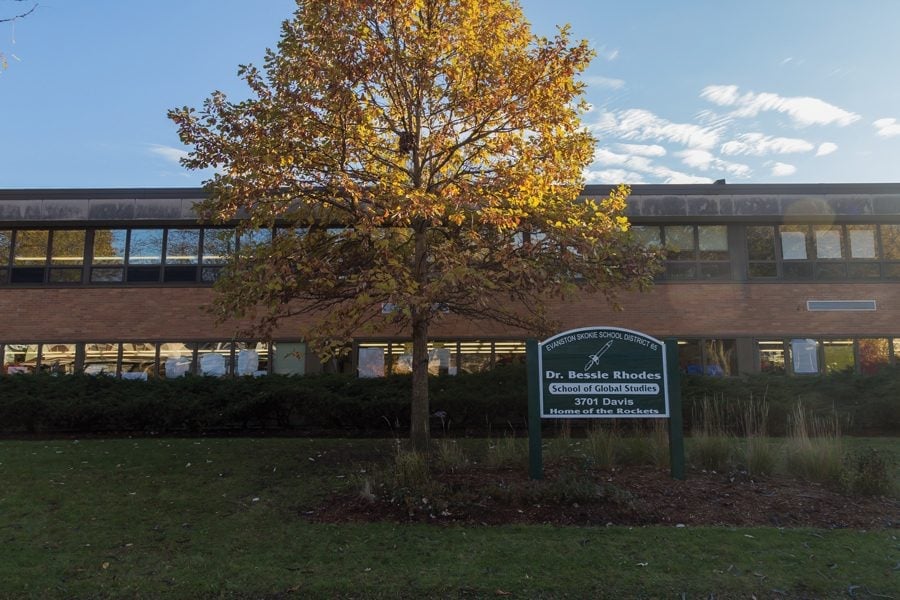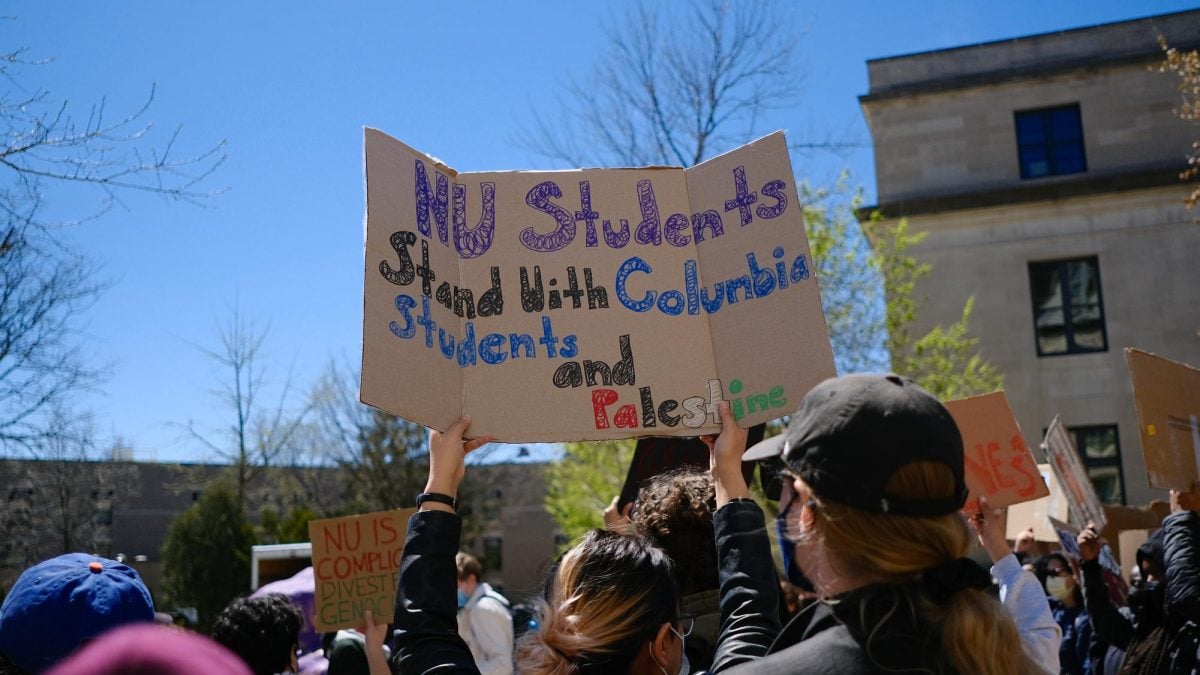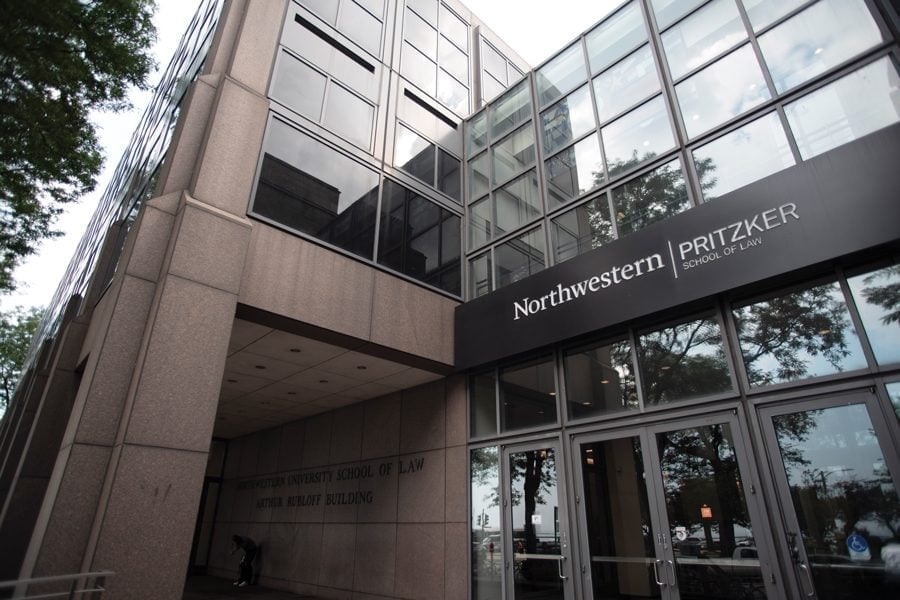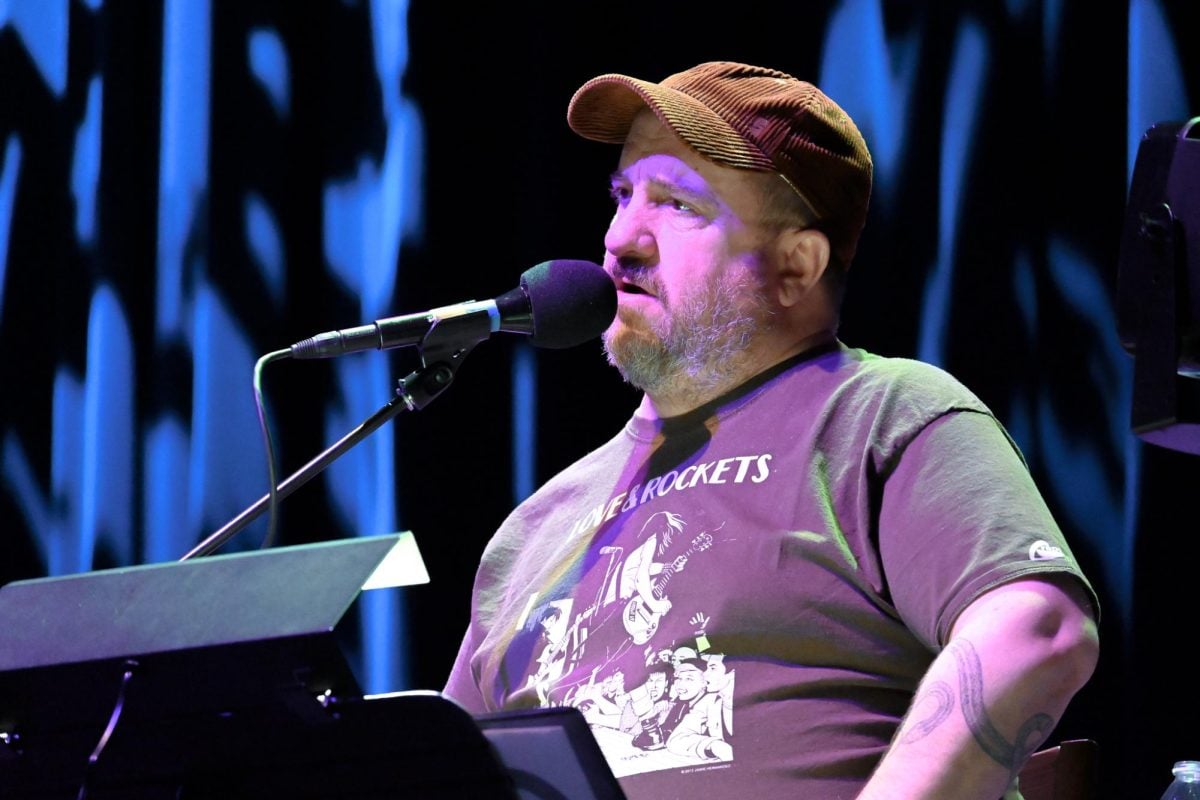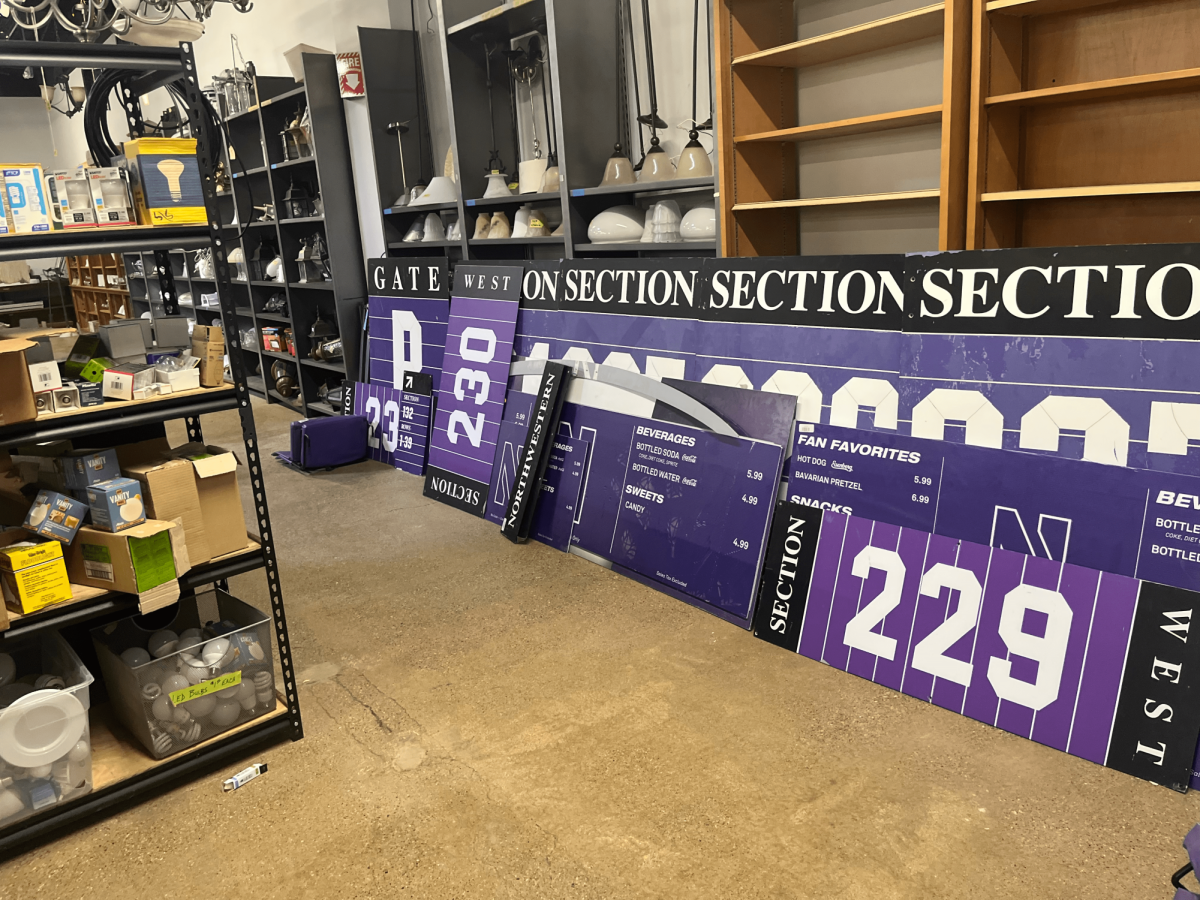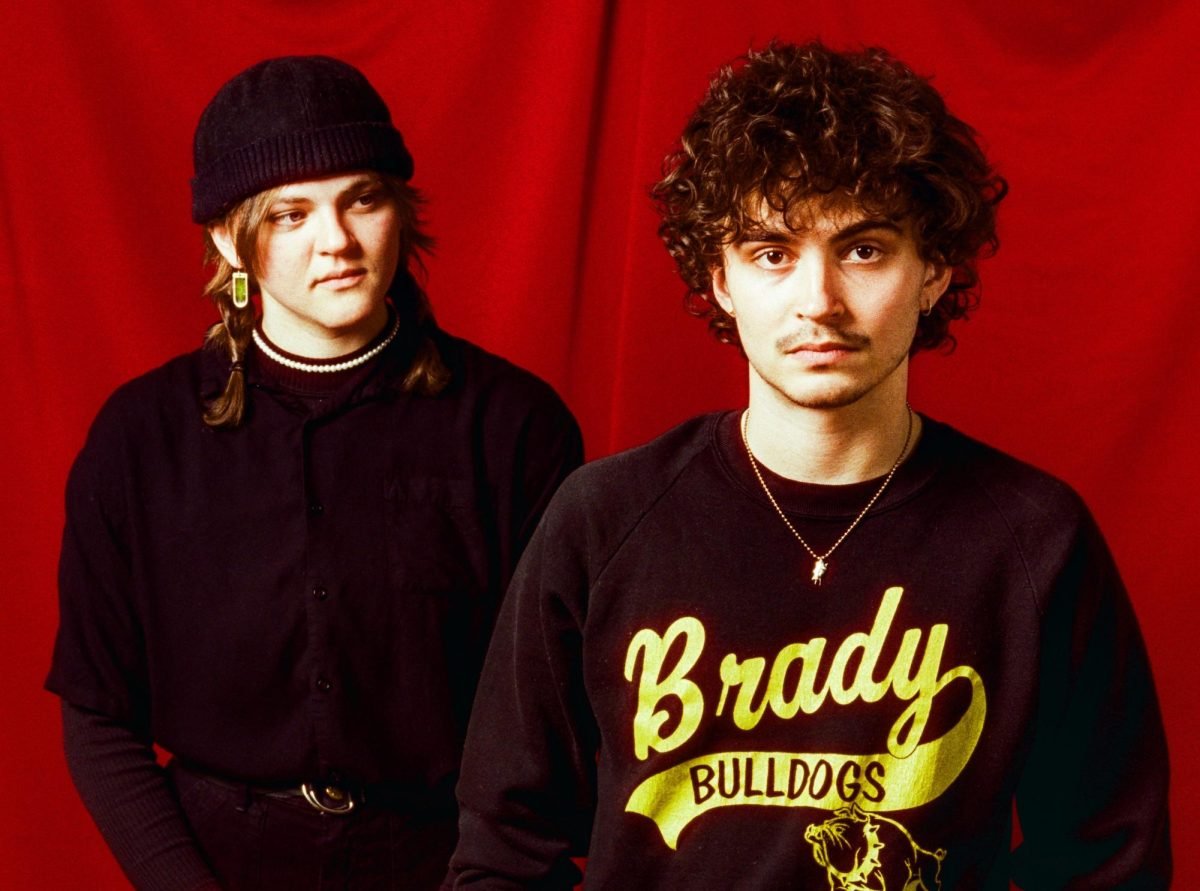As community concern around the dog euthanasia policies at Evanston’s animal shelter escalates, the nonprofit responsible faces an uncertain future.
Evanston’s Human Services Committee will discuss the shelter’s management Monday and whether the nonprofit that operates out of the shelter, Community Animal Rescue Effort, should continue to do so.
CARE canine crew manager Alisa Kaplan began raising questions about the organization’s dog adoption evaluation process in Spring 2012. At the time, an abandoned miniature poodle was taken to the shelter and deemed unfit for adoption after undergoing CARE’s behavioral testing, Ald. Judy Fiske (1st) said. The poodle was scheduled to be euthanized. The resident who initially found the dog learned of its fate and brought her concerns to Ald. Ann Rainey (8th). Rainey reached out to Fiske, and the two approached Evanston’s animal warden to protest the dog’s imminent death.
The poodle, now named Flip, was saved thanks to their intervention. Fiske adopted him shortly after helping to save his life.
“(He) was the one dog that kind of changed everything,” said Evanston Police Cmdr. Jay Parrott said.
Kaplan, joined by CARE volunteers Vicky Pasenko and Cathy Roberts, continued to discuss concerns about the dog euthanasia rate with the animal warden and city officials. CARE’s adoption evaluation process determined whether the shelter’s dogs were suitable for adoption. Dogs deemed not adoptable by CARE’s evaluation were typically euthanized. The organization’s dog behavior evaluation process resulted in a 45 percent euthanasia rate for dogs, according to a statement released by Pasenko, Kaplan and Roberts. CARE disputes the number, claiming that just 16 percent of their dogs are euthanized, according to their website.
“(CARE was euthanizing) a lot of dogs that just didn’t seem like they were dangerous dogs,” Kaplan told The Daily.
After Flip, the animal warden began playing a larger role in the evaluation process at the shelter. The warden now reviews CARE’s recommendations and makes a final call on whether a dog should be euthanized, Parrott said. He estimated about 20 dogs that would have been euthanized under CARE’s evaluation were placed with rescue groups by the animal warden in the last 18 months.
(Community pressures Evanston animal shelter to decrease its dog euthanasia rate)
City officials and the CARE board of directors have been discussing the shelter’s evaluation process since early last year. Evanston commissioned two independent reports to evaluate the organization’s policies. The American Society for the Prevention of Cruelty to Animals released a report in May which said CARE was not executing behavior evaluation tools accurately.
“Neither (behavior evaluation) tool is intended to be used to determine if a dog should be euthanized. Rather, they are intended to gather information about that animal … and determine the best course of action for that animal,” the ASPCA said in the report.
The ASPCA recommended CARE discontinue implementing these behavior evaluations until Evanston and the nonprofit had reevaluated their understanding and use of the tests.
CARE said the ASPCA recommendations “reflect a lack of understanding of how CARE does business.”
A second report, by consultant Janice Triptow, also encouraged the organization to review its behavior assessment protocol. Triptow released her report at the end of October.
Representatives of Evanston and the CARE board of directors met twice in November to discuss the future of the shelter. Both parties “expressed frustration with the other,” but agreed to work on creating an extension of the 2007 lease agreement, according to city documents.
“Given the recent negative misinformation circulated about this long-running, all-volunteer animal rescue organization, the future of CARE is suddenly up in the air,” CARE said in a Facebook post.
The nonprofit encouraged supporters to attend the Human Services meeting Monday in support of the organization and its policies.
A representative from CARE’s board of directors was unavailable to comment.
Editor’s note: This story has been updated to clarify Alisa Kaplan did not attend the meeting with Evanston’s animal warden.
Email: [email protected]
Twitter: @mccarthy_ciara

